In recent years, Artificial Intelligence (AI) and automation have rapidly infiltrated every aspect of digital marketing, and Search Engine Optimization (SEO) is no exception. These technologies are transforming how businesses approach SEO, making it faster, smarter, and more data-driven. But how exactly is AI and automation changing the SEO landscape? And what does it mean for website owners, marketers, and SEO professionals?
In this blog, we will explore the rise of AI in SEO, the various automation tools available, and how they are reshaping the future of search rankings.
🤖 How AI is Revolutionizing SEO
Artificial Intelligence is a game-changer in SEO. From content creation to technical audits, AI is helping marketers automate repetitive tasks, making their workflows more efficient while improving accuracy. Here are some ways AI is transforming SEO:
1. AI-Powered Content Creation
AI tools, such as GPT-4 and other language models, are making it easier for SEO professionals to generate high-quality, relevant content quickly. These tools can:
- Generate articles: AI can help craft blog posts, product descriptions, and landing page content.
- Optimize content for keywords: AI tools can suggest keywords based on search intent, ensuring that the content ranks for the right queries.
- Create engaging copy: AI tools can also generate compelling headlines, meta descriptions, and social media posts that drive traffic.
The impact of AI in content creation is undeniable, as it can help businesses scale their content marketing efforts without sacrificing quality.
2. AI-Driven Keyword Research
Traditional keyword research often relied on guesswork and broad assumptions. Today, AI-powered tools like Surfer SEO and Frase analyze large sets of data to identify high-value keywords, search intent, and long-tail keywords. These tools can:
- Automatically discover related keywords and phrases based on the topic.
- Analyze competitors’ content and keyword strategies to help you target underserved keywords.
- Predict trends in search behavior, enabling marketers to stay ahead of the curve.
With the help of AI, SEO professionals no longer have to spend hours manually researching keywords. AI tools streamline this process, allowing marketers to focus on strategic decisions.
3. Automating Technical SEO Audits
Technical SEO involves optimizing the backend of a website for search engines. This can include tasks such as optimizing page load speed, fixing broken links, ensuring mobile responsiveness, and improving site architecture. AI is now able to automate these processes, making technical SEO more accessible and efficient:
- AI-based SEO audit tools like SEMrush and Ahrefs can automatically identify technical issues with websites and provide suggestions on how to fix them.
- AI can also help optimize for Core Web Vitals, a key ranking factor that Google uses to measure user experience.
Automating these processes allows SEO professionals to focus on high-level strategies while ensuring that the technical aspects of their website are optimized.
4. AI for Personalization and User Experience (UX)
Google’s algorithm increasingly prioritizes user experience (UX) and personalization. With AI, websites can offer personalized experiences to their visitors based on their behavior, preferences, and past interactions. AI tools like Dynamic Yield and Optimizely are helping businesses:
- Personalize content recommendations to improve engagement and time-on-site.
- Automate A/B testing to find the best performing website design and content variations.
- Optimize user experience on mobile devices, a growing factor in SEO rankings.
By leveraging AI for UX, businesses can improve user satisfaction, reduce bounce rates, and ultimately boost their search rankings.
🔄 The Role of Automation in SEO
While AI is about intelligence, automation focuses on streamlining repetitive tasks to save time and reduce human error. Automation has become essential in modern SEO strategies. Here’s how it’s being used:
1. Automated Reporting and Analytics
SEO professionals no longer have to manually compile reports on keyword performance, traffic, backlinks, and other key metrics. With automation tools like Google Analytics and Data Studio, marketers can:
- Automatically generate reports that track SEO progress.
- Schedule reports to be sent at regular intervals (daily, weekly, or monthly).
- Analyze data without having to sift through spreadsheets manually.
Automated reporting not only saves time but also ensures that the data presented is consistent and up-to-date.
2. Link Building Automation
Link building remains one of the most challenging aspects of SEO. However, automation tools have simplified this process. Platforms like BuzzSumo and Pitchbox can help SEO professionals:
- Find relevant link-building opportunities.
- Automatically outreach to bloggers, influencers, and other websites for backlink requests.
- Track the effectiveness of their link-building campaigns.
Automation reduces the manual effort required for outreach and increases the chances of acquiring high-quality backlinks.
3. Rank Tracking and SERP Analysis
Monitoring search engine rankings is essential for understanding how well your SEO efforts are working. Automation tools like SEMrush and RankMath can:
- Automatically track keyword rankings across different search engines.
- Generate insights on which keywords are driving traffic and which need improvement.
- Alert you when there are significant ranking changes, so you can adjust your strategy accordingly.
These tools make rank tracking a hassle-free process that doesn’t require constant manual checks.
📈 How AI and Automation are Shaping the Future of SEO
As AI and automation continue to evolve, their role in SEO will only become more prominent. We expect the following trends in the coming years:
1. Greater Focus on Search Intent
AI will help SEO professionals understand search intent better than ever before, enabling them to create content that precisely matches the needs of users. This will lead to more semantic search optimizations and better contextual content creation.
2. Full Automation of Routine SEO Tasks
AI will increasingly take over routine tasks like keyword research, backlink analysis, and content creation. SEO professionals will spend less time on repetitive tasks and more time on strategic decision-making.
3. AI-Driven Predictive Analytics
Predictive analytics powered by AI will help businesses anticipate trends and changes in search engine algorithms. This will allow them to stay ahead of the competition and adjust their strategies in real-time.
4. Voice Search Optimization
As voice search continues to grow, AI will play a significant role in optimizing content for voice queries. Long-tail keywords, conversational tone, and natural language processing will be critical for SEO success in the voice search era.
🏆 Final Thoughts
AI and automation are revolutionizing the way we approach SEO. From content creation to technical SEO audits, these technologies help businesses scale their efforts and achieve better results faster. While AI doesn’t replace the need for human insight and creativity, it empowers SEO professionals to work more efficiently and strategically.
As the SEO landscape continues to evolve, embracing AI and automation is no longer optional — it’s essential for staying competitive. The future of SEO is AI-powered, and those who adapt early will reap the rewards.

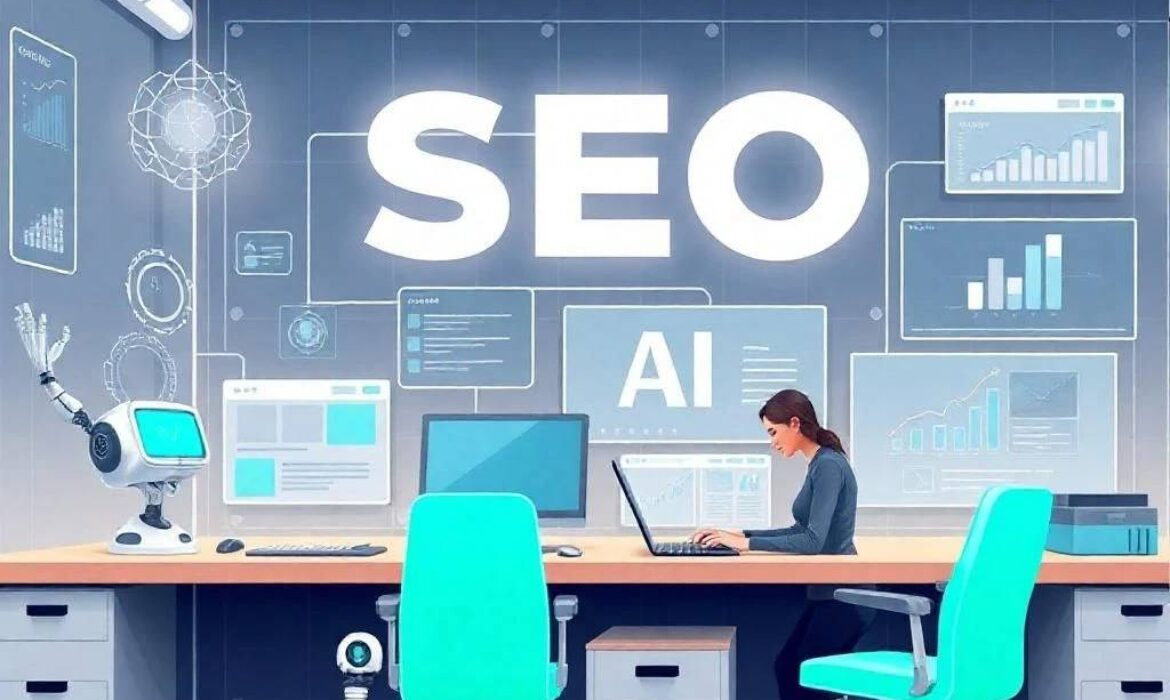

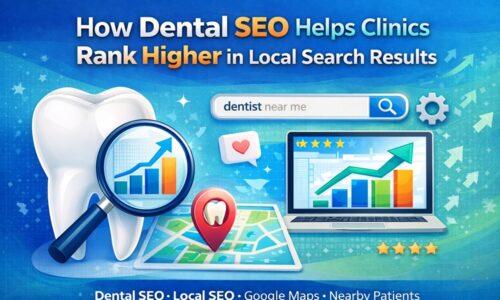



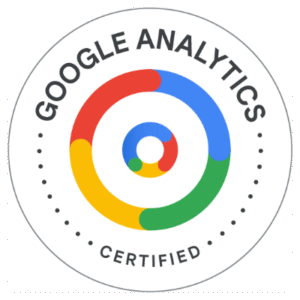


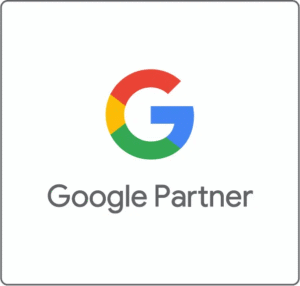

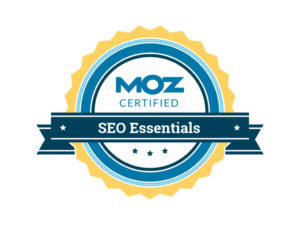
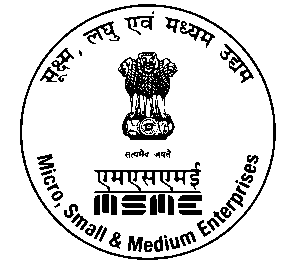


[…] customer experiences like never before. From AI-powered chatbots to predictive analytics, AI in digital marketing is reshaping how businesses interact with their […]